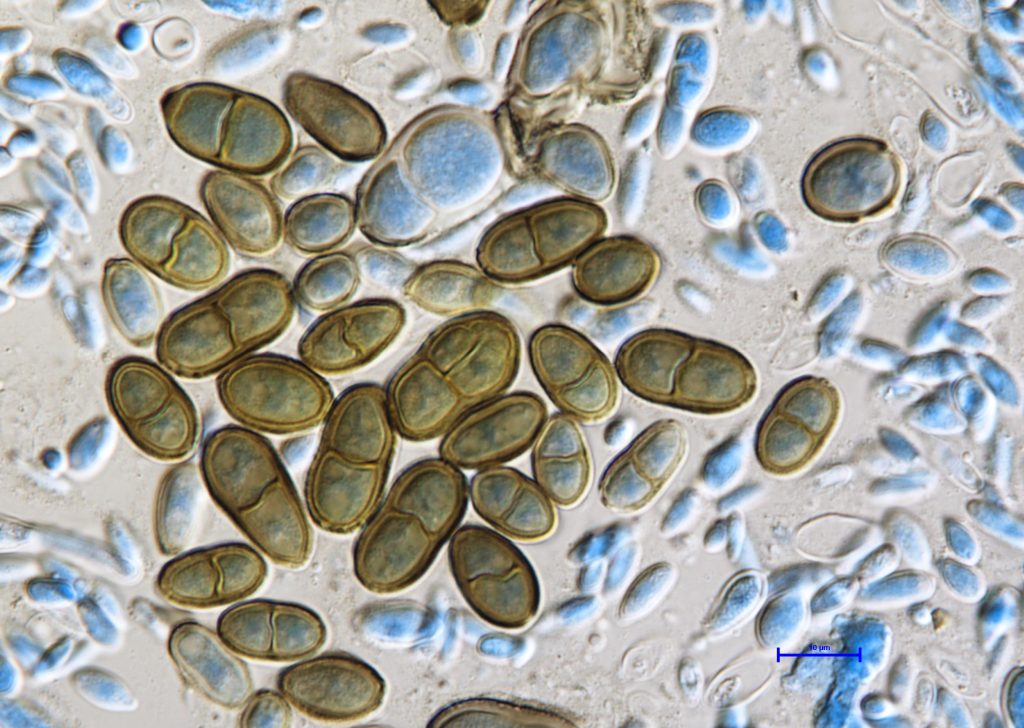
July 26, 2024


Transforming fruits and vegetables into agricultural products – olives to oil, oranges to juice, tomatoes to sauce – generates a large amount agricultural residue, or pomace, that is viewed as waste. For producers, disposal of this waste is increasingly dirty, expensive and problematic.
In an effort to make useful what would otherwise be thrown away, funding from the European Union is being applied to assist researchers as they seek creative ways to gain value from agricultural residue and help producers convert expenses to revenues.
Since 2018, Dr Matthew Schwarzkopf has been leading the InnoRenew CoE’s research work on Pro-Enrich, an EU-funded project developing biorefinery technologies to process agricultural residue in order to produce bio-based proteins and phenolic compounds to replace the petroleum-based counterparts currently used in industrial production of food, cosmetics and other consumer goods.
Dr Schwarzkopf recently took time away from his research to discuss the Pro-Enrich project, its goals and the influence this kind of project can have as economies shift from linear to circular.
Waste materials from our industrial processes can place a burden on the environment in terms of their toxicity and pollution. They also require costly treatment and disposal methods. In this way, they truly are waste.
However, if we can make something valuable from these materials, they’re not really waste anymore but rather another product coming from the industrial facility. In the Pro-Enrich project we are doing just this by extracting valuable compounds from by-products of the primary product.
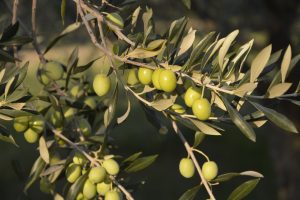
Pro-Enrich project partners are processing agricultural feedstock materials and isolating targeted compounds at both the laboratory and pilot scale. They are using various pre-treatments, processing techniques and enzymes to optimise the process and maximise the output. The InnoRenew CoE is responsible for characterising outcomes of these efforts.
For example, olive pomace is processed using a new enzymatic degradation technique, and a phenolic isolate is produced that could be used in commercial products. InnoRenew is responsible to see what types of phenolics are present, in what quantities and how effective the processing technique was compared to previous attempts. This tells us if the process is suitable or feedstock material is a viable source of phenolics for extraction.
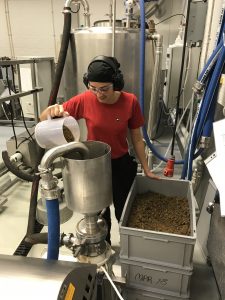
Extracted compounds, like phenolics, will bring additional value to producers of agricultural residues by isolating valuable compounds that before were mixed up with the waste materials and otherwise unusable. Once processing methods have been optimised and compounds have been extracted in a useful form, they can be sold as a commercial product.
Within the Pro-Enrich consortium, there are industrial partners whose companies produce food, cosmetics, adhesives, pet food and other consumables. These companies are interested in finding alternative sources for commercial compounds used in making their products, like proteins and antioxidants, that come from European-based renewable resources.
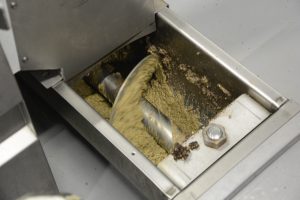
The Pro-Enrich project is funded by the Bio-based Industries Joint Undertaking, which builds partnerships between industry and research organisations like InnoRenew. This type of partnership ensures that research conducted by the InnoRenew CoE is useful and can support the European economy, including Slovenian companies like Franka Marzi, an Istrian olive mill that is a Pro-Enrich project partner.
Working with an international group like the consortium in Pro-Enrich has been a great experience. I’m fascinated to learn how other countries and their industrial partners use technology, which may be similar to ours, but they use it in an entirely different manner. This provides fresh ideas and knowledge to support the Pro-Enrich project and further other research.
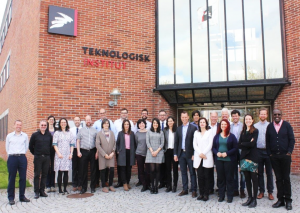
Funded by the Bio-based Industries Joint Undertaking, a public-private partnership between the EU and the Bio-based Industries Consortium, Pro-Enrich, led by the Danish Technological Institute in collaboration with 16 international partners, is creating novel uses for compounds generated by fractionizing biomass from rapeseed, olive, citrus and tomato residue.